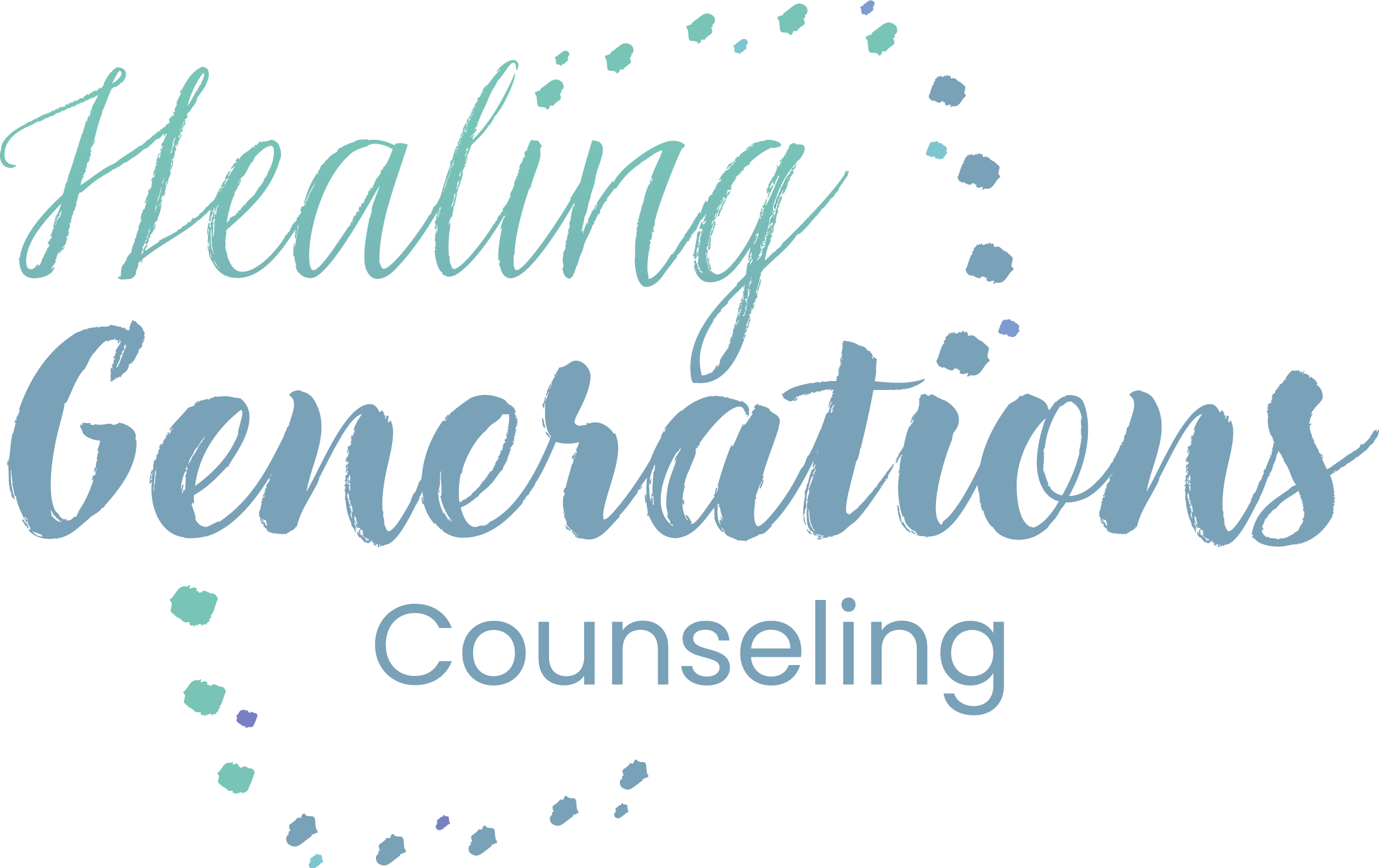Debunking The Top 5 Myths About Therapy
Photo by Kira auf der Heide on Unsplash
As far as we’ve come in the mental health field, therapy is still a service that has many myths surrounding it. Those myths often lead to misconceptions that can prevent someone from getting the help they need to live a happier and healthier life. No one walks through life unscathed. It’s not possible and getting the help you need can significantly improve your life. Here are the top five myths I encounter as a therapist.
Myth: Going to therapy makes you weak.
Seeking therapy does not mean you are weak or broken, it actually means the exact opposite. Going to therapy means you recognize something is off, and you’re strong enough to try to actively make a positive change in your life. It is brave and so much better than passively ignoring your problems and continuing to let things build up. Seeking help is ok. A therapist is part of your support network, they’re on your team to help you get where you want to be. No one is meant to go through difficult life changes alone, and you don’t have to.
Myth: Therapy is only for people with “serious” issues.
Some people believe that therapy is only for people with “serious” issues, which is simply not true. For starters, “serious” is relative. People go to therapy for a multitude of reasons including anxiety, depression, disorders, stress, relationship issues, past trauma, grief, to figure out who they are and so on. There is no shame in getting professional help to improve your life. Continuing to push it off can only exacerbate the problem and make it harder to unravel the issue. Seeking the help you need can help you gain insight and learn tools to help you live a more joy-filled, easier life.
Myth: If I go to therapy, then I will get a diagnosis.
Not everyone has to receive a diagnosis. Many psychotherapists and private practices do not require or believe in diagnosis, but it can be required through insurance. Nonetheless, a diagnosis is not who you are and does not define you. Receiving a diagnosis could be beneficial to you to help you understand what is going on and get the correct treatment. This is the situation you’re going through, and it changes very little about what is happening in your life. Many diagnoses can be resolved by working with a mental health professional. They will provide you with the correct tools to cope and treat your diagnosis.
Myth: A therapist will blame my issues on my childhood and family.
That’s not always the case, but we all go through stuff when we were children. Sometimes the trauma or issues that come up when we were children stick with us and our decisions as adults. Letting go of the past and moving towards the future can help some people escape the negative patterns they grew up in and build healthy and loving patterns for their present and future. Speaking to a therapist can help you let go of some of the tension you still carry with you. It can help you have more loving feelings towards your family and make you feel more connected with them, in addition to helping you heal.
Myth: Once in therapy, always in therapy.
This is similar to the misconception surrounding diagnosis. Therapy is not meant to be “forever,” it is one of the few relationships where the end goal is to say goodbye and continue moving forward in your life with the takeaways of what you learned in therapy. There is no set length of time you will spend with a therapist since it is different for everyone. It mostly depends on the amount of time spent with the therapist, the commitment to therapy, putting in the work to see results, the type of therapy provided and how much time you’re willing to put in outside of your sessions. Once the issues have been resolved clients can finish up with the therapist to continue growing on their own or they can stay to keep working on other areas of their life. The client has the power to make their own decision as to when they’re ready to finish their time in therapy.

